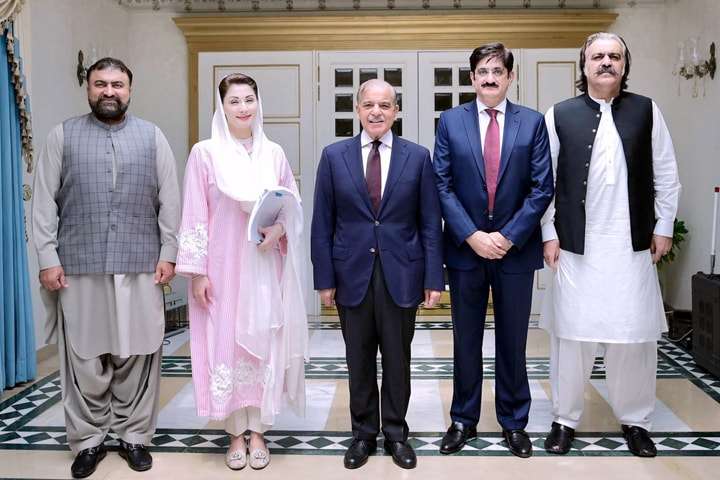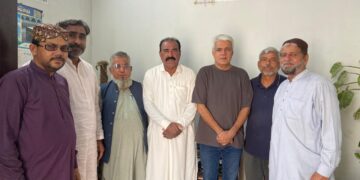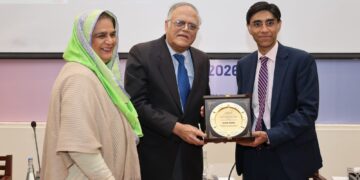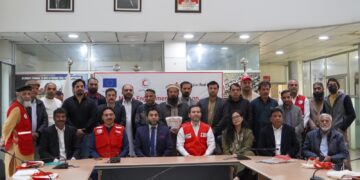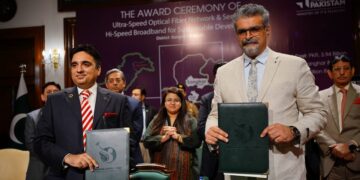Pakistan: The National Economic Council (NEC) recently approved a budget of Rs 3.8 trillion for the Public Sector Development Programme (PSDP) to drive economic growth in Pakistan. Let’s delve into the details of this crucial decision and its implications.
Economic Stimulus through Budget Allocation
Under the leadership of Prime Minister Shehbaz Sharif, the NEC convened to devise a comprehensive plan aimed at bolstering the economy. The approved budget reflects a substantial increase of over 47% in the federal PSDP, totaling Rs1.4 trillion, compared to the previous fiscal year.
Focus Areas of Development
The budget allocation prioritizes various sectors essential for economic progress, including:
- Infrastructure Development: Significant investments are earmarked for transportation, energy, and water management projects to enhance connectivity and address infrastructure gaps.
- Social Sector: The allocation for social development, particularly in education and healthcare, has been significantly augmented to uplift human capital and improve living standards.
- Industrial Growth: Measures to support industrial expansion and innovation have been incorporated to spur industrial growth and create employment opportunities.
Addressing Provincial Priorities
Recognizing the importance of provincial projects, the NEC has ensured continued funding for ongoing high-priority projects across all provinces. This decision aims to foster balanced regional development and address localized needs effectively.
IMF Bailout Negotiations and Fiscal Discipline
While the expansionary budget signals a proactive approach toward economic revitalization, it is essential to note the scrutiny it may face from international financial institutions, particularly the International Monetary Fund (IMF). Pakistan’s ongoing negotiations for a substantial bailout package underscore the importance of fiscal discipline and accountability in budget execution.
Key Challenges and Opportunities
Fiscal Constraints
The budgetary decisions must navigate through fiscal constraints exacerbated by increased interest payments and a widening current account deficit. Balancing the need for public investment with debt sustainability remains a critical challenge.
Growth Prospects
Despite challenges, the budget sets an ambitious growth target of 3.6%, supported by strategic investments and sectoral reforms. The agricultural, industrial, and services sectors are expected to drive economic expansion, provided there is political stability and favorable global economic conditions.
Conclusion
The NEC’s approval of the Rs3.8 trillion budget reflects a concerted effort to stimulate economic growth and address developmental priorities. By prioritizing strategic investments and maintaining fiscal discipline, Pakistan aims to navigate through challenges and unlock its true economic potential.





